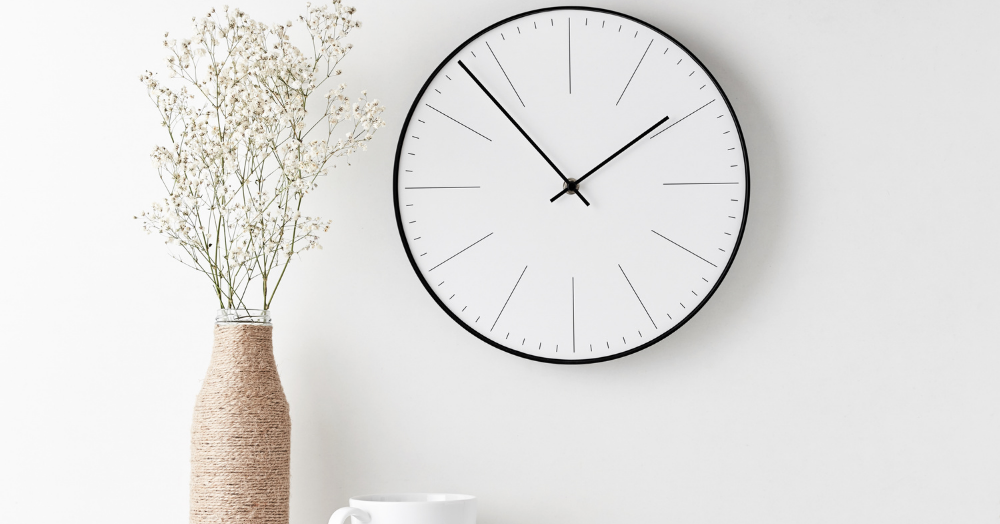
Discover the secrets behind the minimalism movement and how it can help you.
You may have heard of the minimalism movement.
You might have even watched the Netflix documentary.
But for those of you that have no idea what it's about, read on for a general explanation.
Put simply, get rid of excess stuff.
Of course, that's probably an oversimplification, but that's the general gist.
So, if it's really nothing more than an extreme declutter, which, let's be honest, we all try to do every once in a while anyway, why is it such a big deal?
How has it become a 'movement', and why is it more than just being tidy?
A cluttered house means a cluttered mind.
You're subconsciously trying to remember where all of your belongings are.
You know that you have a roll of sellotape in the back of the drawer or that one of the spare house keys is with a neighbour.
If everything has its proper place, then you no longer need to try to remember all of these bits and pieces.
But the true minimalists take this a step further.
They don't have the sellotape in the first place.
They don't hold on to anything they might need one day or just in case.
If a life or death situation arises that only a roll of sellotape can save you from, they will purchase it then. And likely throw it away or donate it as soon as the imminent threat of death has subsided.
Minimalists try to live life more consciously.
They thoroughly consider every item before bringing it into their life.
They don't hold on to unnecessary things.
They won't have a dinner service that they keep locked away in a cupboard, only to be used on special occasions.
They won't have good cutlery and everyday cutlery.
They will only have what they truly NEED.
The concept of minimalism is to only have the bare essentials that you need in your life. This allows space and room in your home and your environment to not have clutter.
If you bring something into your home, you either absolutely NEED it or LOVE it.
Everything else is unnecessary.
By being intentional about what you bring into your home, you'll realise that you don't truly need very much.
You often hear of people travelling to far-flung places, backpacking for 3 months. They only take with them what they can fit in their backpacks. When they come home to their house filled with 'stuff', they realise that they never needed it. Often this leads people into a life of minimalism. And they sell or dispose of all items they had left at home, living the rest of their lives with just enough items of clothing etc., to fill a suitcase.
If you could capsule your wardrobe down to 15 items that all match and are interchangeable, you likely won't need anything else.
Do you really NEED 15 pairs of shoes?
And what is the outcome? What's the point of it all?
Apparently, followers of minimalism report mental clarity and a sense of peace.
They're often financially better off because they don't buy or consume things the same way as 'normal' people.
Their homes are always tidy.
It is almost effortless to keep things clean.
There are not endless ornaments that need dusting or baskets of cables and chargers to be untangled.
To live in a minimalist way entirely seems quite restrictive and somewhat extreme.
Still, perhaps we could all take a leaf out of their book (if they have any books!) and be more conscious of what we bring into our homes?
Consumerism is very high in the UK, and we fill our homes and lives with so much stuff that we buy, only to recycle or throw it away when we do a big clearout.
Perhaps minimalism is too much for most of us, but maybe being a little more intentional is not such a bad idea?
For our mental clarity, our bank balance and the environment.
Do you follow a minimalist lifestyle? We'd love to hear from you if you do. And, just out of curiosity, how many pairs of shoes is too many?? (Asking for a friend 😁)